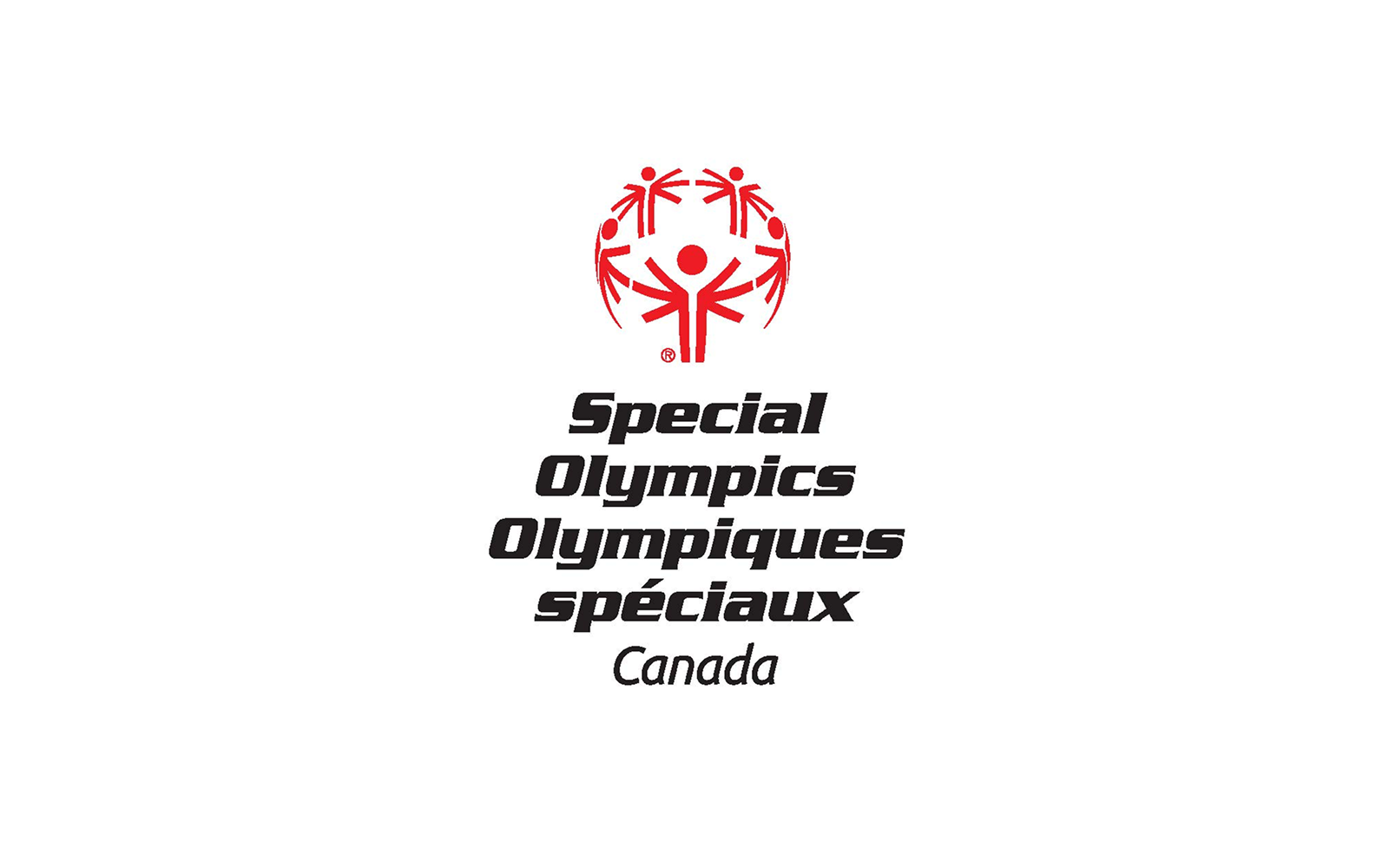The Impact of Multiple Objects Tracking (MOT) on Individuals with Intellectual Disabilities
Principle Investigator: Adam Chomos
Co-Investigator: Dami Egbeyemi

Project Summary
Individuals with intellectual disabilities (ID) face challenges with thinking, communication, and social skills. Traditional therapies, such as occupational, physical, speech, and drug therapy, help them manage daily life. A newer approach, NeuroTracker, is based on neuroplasticity, the brain’s ability to change and grow.
NeuroTracker trains multiple objects tracking (MOT), a skill that helps the brain follow several moving objects at once. This project explored whether MOT training could improve thinking skills in Special Olympics athletes with ID by assessing its suitability, effectiveness, and impact on memory and attention.
Twenty-four athletes from Special Olympics Canada in Saskatchewan participated in the study. One group trained with NeuroTracker, while the other used concentration grid paper exercises, completing their sessions three times per day for 10 weeks.
The results showed that NeuroTracker was a good fit for individuals with ID. Athletes improved over time, remained confident as training got harder, and gave positive feedback, expressing interest in continuing the program. While the study did not find clear improvements in higher-level thinking skills, it provided a strong foundation for future research. It also emphasized the value of neuroplasticity in designing effective training programs for individuals with ID.
Key Messages
-
1Incorporate Neuroplasticity in TrainingDesigning programs for individuals with ID should leverage neuroplasticity to enhance learning and skill development.
-
2Unlocking NeuroTracker’s PotentialNeuroTracker is a promising tool for individuals with ID, providing an engaging way to support cognitive and movement skill improvement.
For More Information
For more information, please contact PI, Adam Chomos.

